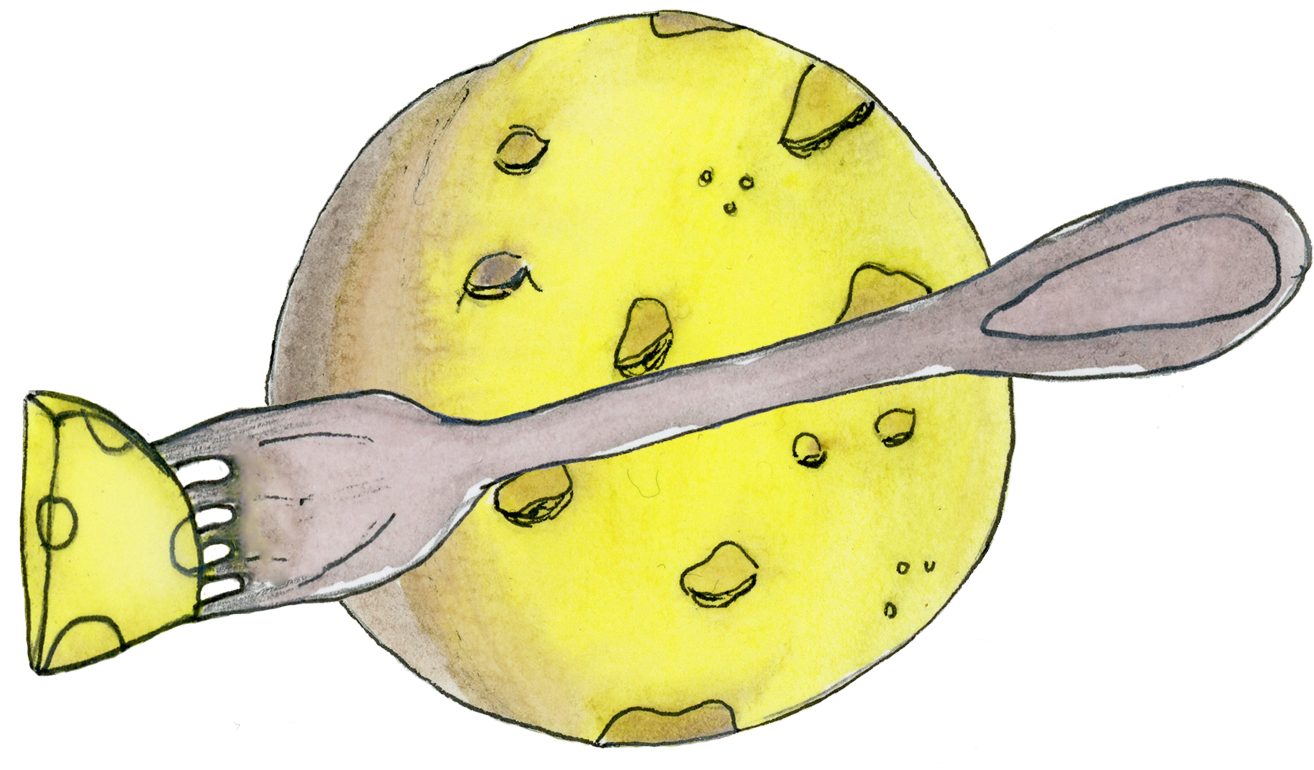interviews
Sana Javeri Kadri October 2017
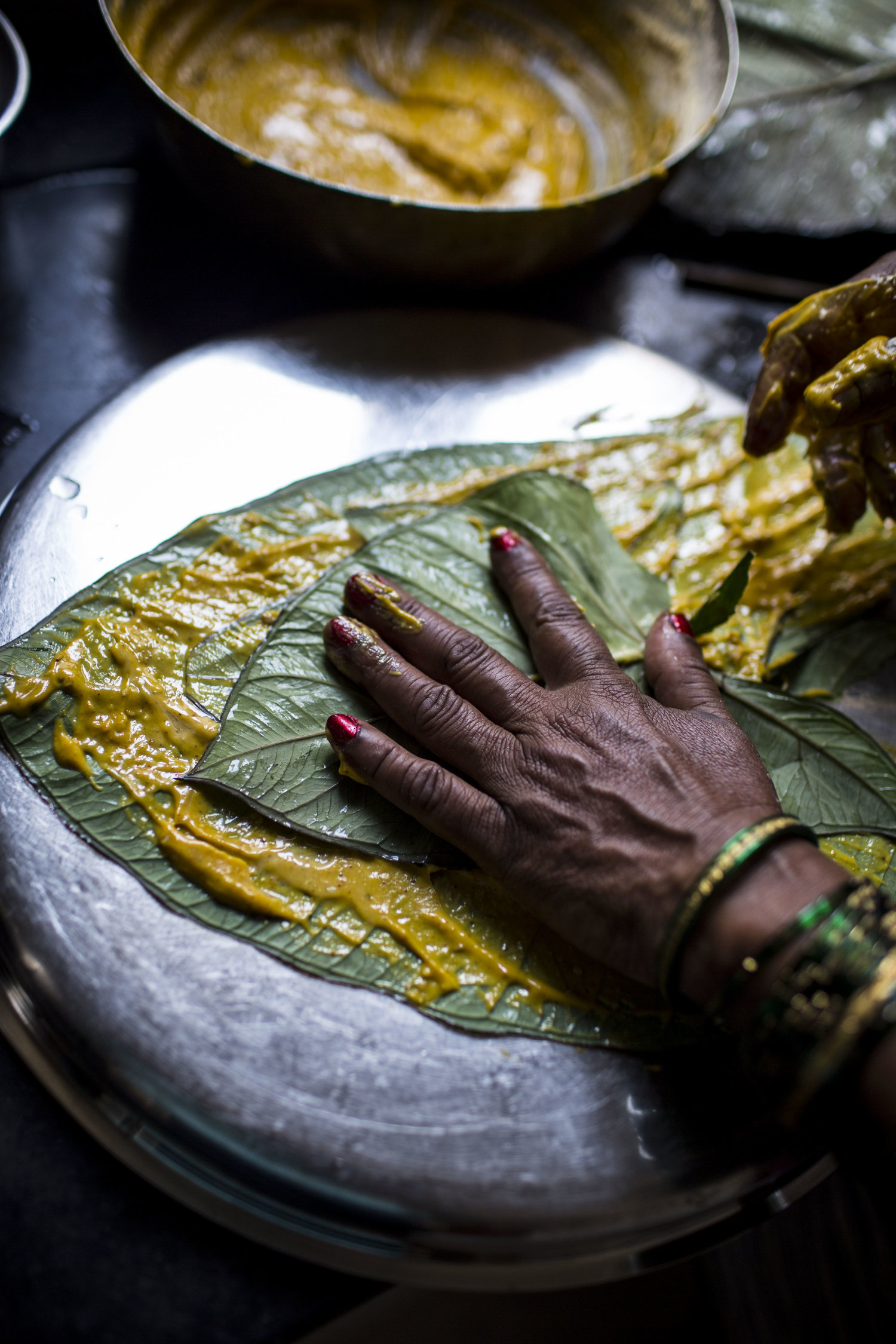
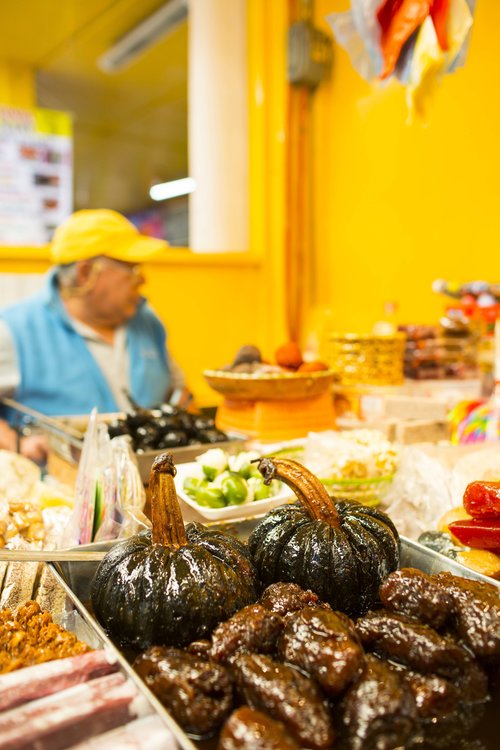
Where are you from? Do you have a first food memory?
I’m from Mumbai, India. I guess I definitely had a pretty splendid childhood (with a bit of angst on the side). My childhood was swimming pools, mangoes, and going to the American food store to buy fruit rollups. My parents were total radical Berkeley hippies who moved back to India to be part of the revolution. But they didn’t really find the revolution when they got back, they realized “Oh, it’s just capitalism.” They’re both architects – they wanted to create a sort of utopian-best-of what they never had growing up in Mumbai, but also pulling from what they learned in Berkeley, for us, their kids, I think. Like, I went to school with a lot of tofu sandwiches and people in Mumbai in the 90s had NO idea what tofu is. The kids on my bus were like “What the fuck??”
Were you embarrassed?
Yes…
Oh no!
My mom would use the whole wheatest of brown breads, the brownest of breads. And then pasta sauce and tofu that was toasted together. It was actually really delicious.
Oh good.
But it was also really weird. The other kids were always asking “What are these goopy red and white sandwiches with brown bread that you keep bringing to school??” All the other kids would literally get Nutella sandwiches or lays chips, junk food to the core- and my breakbox was always the Berkeley hippie box. India neoliberalized in 1992 so suddenly we went from being a pretty restricted market place with not a lot to work with, to the market opening up and global capitalism swooping in. I feel like my childhood was so extra in terms of terms of Lays and Coke; those companies were catching up on twenty years of advertising with the world's largest democracy- it was a free for all!
Your parents just said “Nope.” *to the nutella sandwiches*
They said “Nope! My mom cooked her way through the Political Palate, a radical feminist cookbook by the Bloodroot Collective, and was generally my feminist hero armed with tofu sandwiches, so no nutella global capitalism in her daughter's lunchbox, oh no!
Circling back to that first food memory…
Our family cook is an incredible woman called Lakshmi. Labor is very cheap in India, so it’s common to have live in help. The day that I was born Lakshmi scratched a lottery ticket and won. So she ascribes all her luck in life to me which is not true because I’m the single brattiest thing in her life. And because I was her accidental good luck charm- she’s always treated me differently than everybody else. My first food memory is sitting in this yellow rocker, probably three years old and Lakshmi sneaking me a bar of chocolate and feeding it to me. And that’s very much our relationship where she obsessively needs to give me treats, and I obsessively oblige.
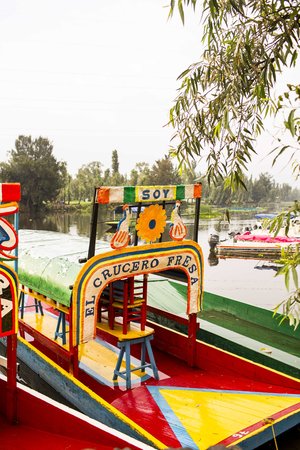
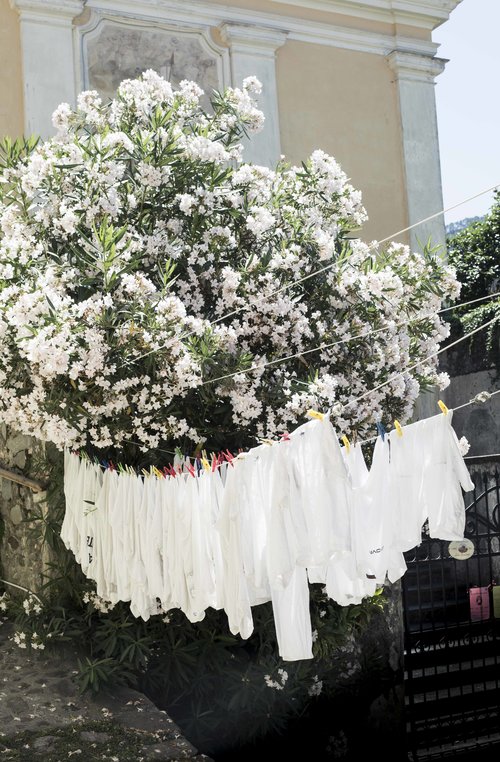
So what is a favorite recipe from your childhood and/or ingredient?
Ingredient I can tell you very easily – okra. My maternal grandmother is Gujarati which is a state north of Mumbai and with a very frugal attitude towards food. The food she feeds us is simple, not rich, high on value, haha. My paternal grandmother is Punjabi so northern Indian, escaped from Pakistan, but that food is very rich. I always thought the differences between the two houses was so stark. I would drive one mile from that house to that house and I noticed class wise, culturally, everything – the food showed how different these worlds were. The two grandmas also didn't particularly like each other, so I was always looking for food that translated both worlds and my own home which was fucking tofu-land-space?! Because all the food was so different I didn’t know what I could choose to love that would be a comfortable food in each house. If I said that I loved paneer, my maternal grandma would shake her head” my own mother would say “That’s dairy,” and end the conversation, and my paternal grandma say “OH YES” and be overjoyed. So I felt like I had to navigate what everybody would love me for and I could still love. Okra was neutral territory. It’s a green vegetable, it’s inexpensive and you can fry it, steam it or just sauté it- something for everyone, more okra for me.
This one is kind of a juicy question; I’ve noticed that your work in food spans across various forms - writing, photography, work with food businesses like Bi-Rite in San Francisco. How can you describe the role of food in your life and work?
I guess I felt the need for a lens to navigate the world with. My parents, when we travel places, they navigate the world through buildings one hundred percent. I saw that them having this passion for buildings or how things were designed, navigated their world. We went all over Europe measuring goddamn buildings. I think they instilled part passion part pressure 100% supreme privilege of "what is going to be your thing? How are you going to explore the world?"
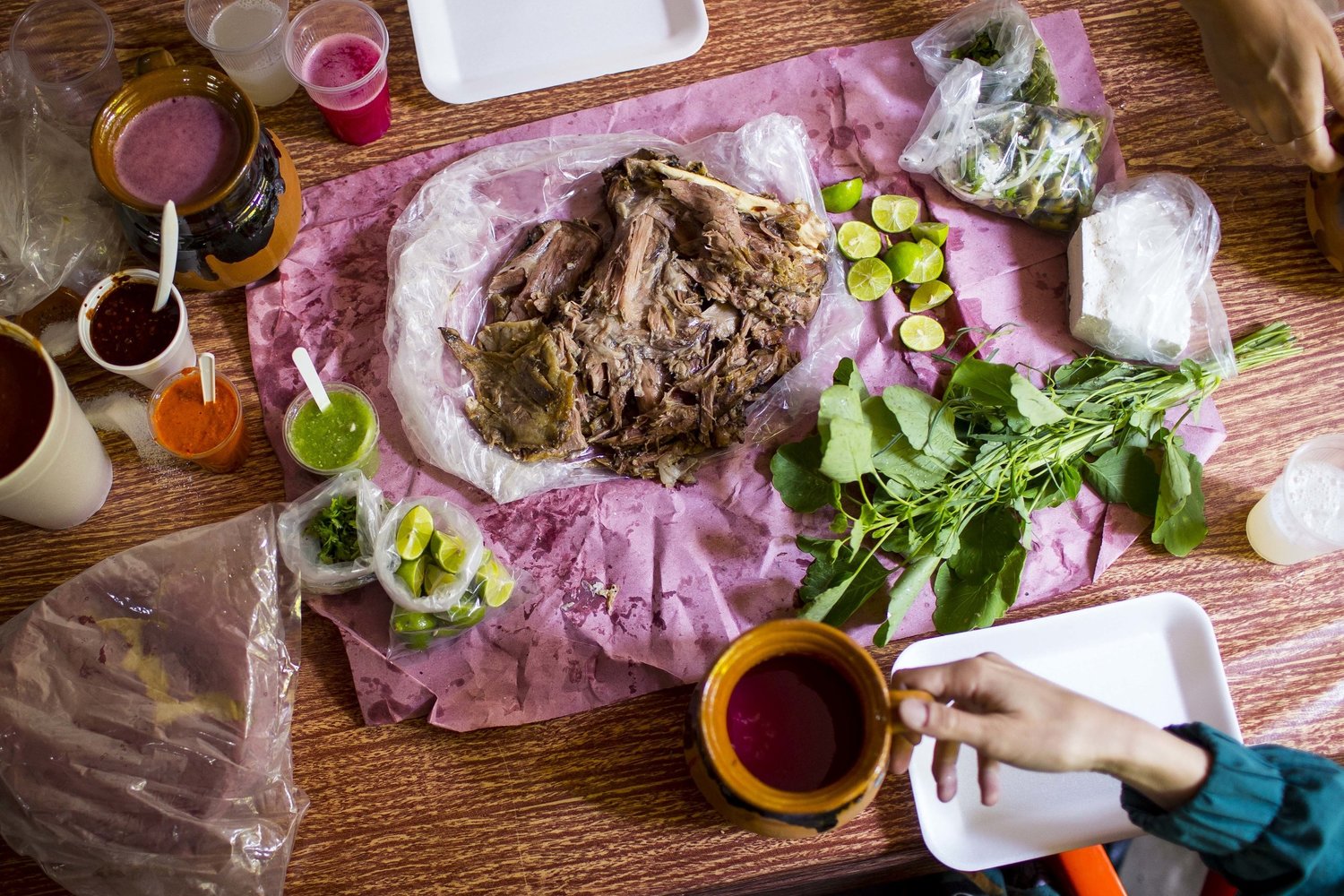
As a child my parents would have to hide the fish from me because if a fish was put in front of me, I’d eat the whole thing in one sitting, even as a three-year-old. Food was always a borderline obsession but I never saw it as a pursuit. I think especially in India where you can either be a doctor, lawyer or an engineer or maybe an architect if you really want to make no money. But the idea of being a cook or working in food, what does that mean? And then again, you’re usually encouraged to do whatever your parents do. There was a lot of: “Oh you draw! You like art! Of course you’re going to be an architect.” And I felt that I had to find a niche quick or else I’d end up an architect! I had just left two years of high school in Italy where food was abundant and my godmother is a glorious cook. When I got to Pomona for college and needed a job I started working on the farm almost immediately. It was a bit of a revelation. My four years in college there was me, pretty obsessively chasing food things. I worked on the farm all four years in some capacity- managed the farm stand, taught cooking classes on the farm. I had always photographed so I thought, I should just put food and photo together – photograph food. I had always written – write food! I had always done these things and suddenly I just realized I could funnel it all in one direction.
So your food writing has a heavy emphasis on politics and history, which you do quite seamlessly. How has our new president changed or strengthened your political food mindset?
My apartment building in Mumbai is ocean front and also next to a giant slum. Our balcony looks onto a swimming pool, the ocean, and a slum; the wealth disparity is obvious. So the idea of not addressing politics and history never occurred, it always seemed obvious. Especially in America, if you’re cis, straight, white, privileged – you don’t always have to confront that and society actually makes it so you don’t have to confront it. But I think if you’re in India and you’re not confronting privilege, I don’t know what you’re doing. So that was part of it, wanting to deconstruct the complexities that were so apparent in front of me!
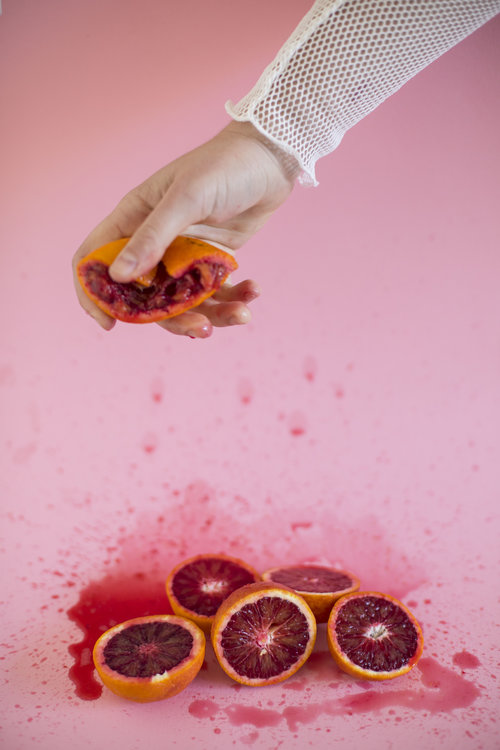
Because of colonialism, we had this very British childhood. All the books I read were British, all I knew was Enid Blyton; she’s a horrible British children’s book writer. Pretty much anyone in the Commonwealth countries has read Enid Blyton; she informed what we thought literature was, how words were supposed to be strung together. I only knew about British dead white men writing poetry, I didn’t know that brown women were allowed to write poetry. Until I was eighteen I would write these stories that were kind of about me but I also felt like I had to write them in the voice of old xenophobic British women. I somehow thought that treacle pudding and scones were the only acceptable literature.
But there was this sort of a coming of age moment when I first read Americanah by Chimamanda Ngozi Adichie. I realized she wrote our story; I felt it was me, it was us. Seeing that was seeing the world being blown open to post-colonial female writing. It made me feel like my kind of flawed experience was valid and worth reading.
But there was this sort of a coming of age moment when I first read Americanah by Chimamanda Ngozi Adichie. I realized she wrote our story; I felt it was me, it was us. Seeing that was seeing the world being blown open to post-colonial female writing. It made me feel like my kind of flawed experience was valid and worth reading.
And has no name president done anything to change that?
He got elected November 8th. I started writing this story which was about love, America, identity and how they’re related to my food memories. It was also about suddenly being known as part of the diaspora, not feeling ready to return to India, and yet having the privilege to return there. I felt my love life derailing – I got into a relationship the night he got elected. In my writing, I paralleled that relationship to the political climate - we were clinging onto each other because I was going through these emotions of feeling like I did not belong in America, feeling unwanted. I think having a partner not understand that, even if they adore you and show up for you, sometimes just takes too much of a toll. When the Muslim ban was announced and I honestly just lost my shit. I bought a one-way ticket to India and left. I didn’t think I was going to come back. I thought, this is it goodbye America see you never, fuck you #45. It took a lot of time in India for me to say “No, I’m not letting him win this. That is my home. That’s where I came out, where I became comfortable with being queer.” That’s how I got the balls to start this turmeric business, honestly. It felt like it's time to claim space because they don’t want us to and they’re not going to help anyway, so let's just go out there and make some trouble.
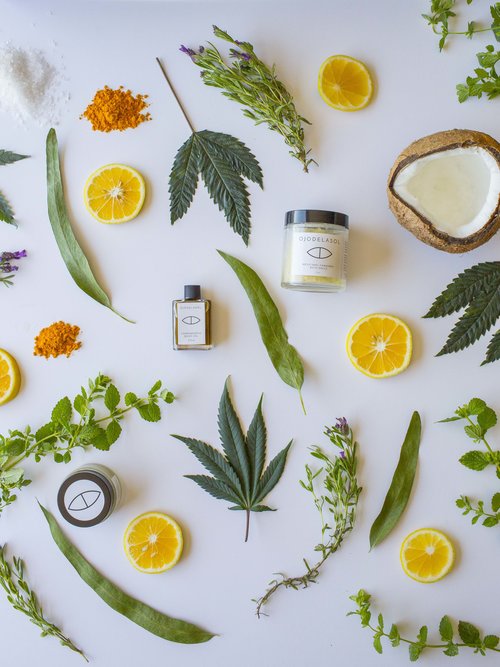
Well on a slightly lighter note, let’s hear about Diaspora Co.
Yay, that’s a happy one! While working at Bi-Rite I started really thinking about supply chains, and how third wave specialty coffee had created a demand for single origin, direct trade, and in doing that- had been able to clean up supply chains. This idea of direct trade roasters created a complete market for coffee that hasn’t fixed the system but is miles above what it used to be. Bean to bar completely changed the cacao trade and suddenly cacao co-ops exist all over the world. It’s just a physical example of how the supply chain can be changed from its outdated, tired, colonial origins. So with the early 2016 explosion of turmeric in mainstream US media - all of these women were saying that their turmeric was coming from India with the assumption that it was an organic and fair trade product – I had a hunch that it was bullshit. There were also a lot of incredible writers writing good work about this (I see you Deepi, I see you Mayukh!). It was this phase where I wanted to write about it but also wanted to know, see and understand. When I went back to India in February, I didn't have much of a plan, so I went to visit turmeric farms all over India. At first nobody was responding to my calls or my emails. Finally, I realized you need to just show up. I went to Kerala where all the spice vendors told me the best turmeric came from. Everyone told me Alleppey turmeric came from there which is similar to Champagne coming from Champagne – it is sort of THE brand of turmeric. When I showed up it was the gravest of reality checks; I learned that Alleppey turmeric doesn’t exist, it’s a myth, a tired colonial branding project that nobody sent back. When the spice trade started happening in India, the British saw Alleppey as India’s version of Venice – there are canals, there’s backwater, the weather’s nice. So they made their holiday homes there. When they decided to trade turmeric they thought “Oh perfect, let’s make it from where we vacation!” So now farmers from all over India have to dump all their turmeric together and if it meets a certain color and size grade then it gets qualified as this imaginary Alleppey turmeric. It’s a scam! Agriculturally speaking, Allepey Turmeric means nothing. Actual turmeric varietals are beautiful specimens of diversity and variety.
Woah! That’s insane. So what did you do next?
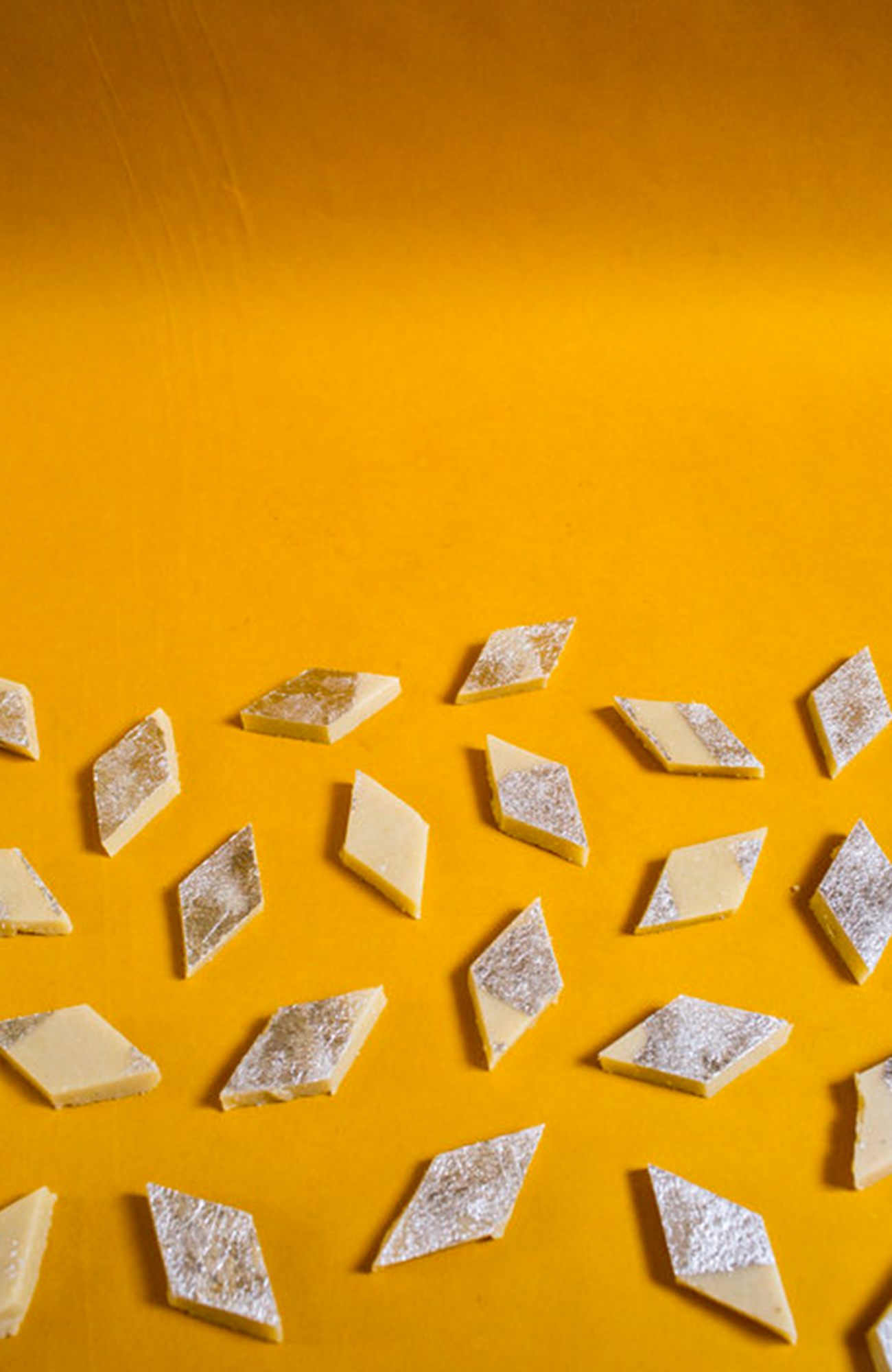

I found the Indian Institute of Spice Research and showed up there. I think they were floored that this young woman showed up at their doorstep, was interested and had done her homework. I begged this spice researcher for ANY farmers he could connect me to. He told me specifically not to go to Kerala, gave me a crash course of my rhizome science and sent me off to Vijayawada in Andhra Pradesh. I visited the farm, tested the product, it was wonderful. It is one of the oldest strains of turmeric, it’s single origin and totally exquisite. It’s called Pragati turmeric, it has super high curcumin content – it’s honestly the best stuff I’ve ever seen.
